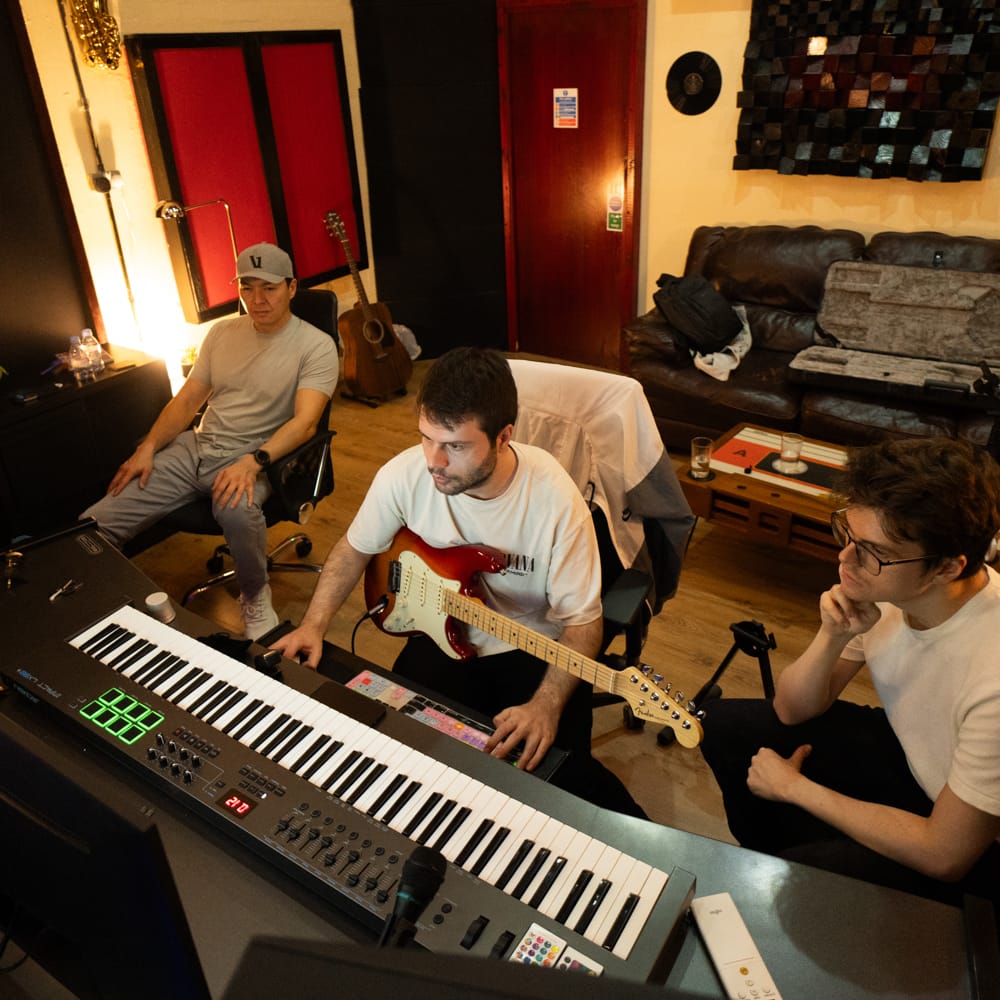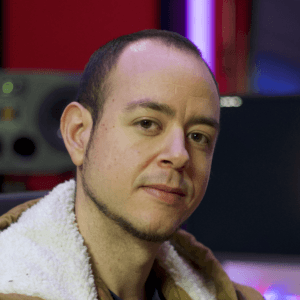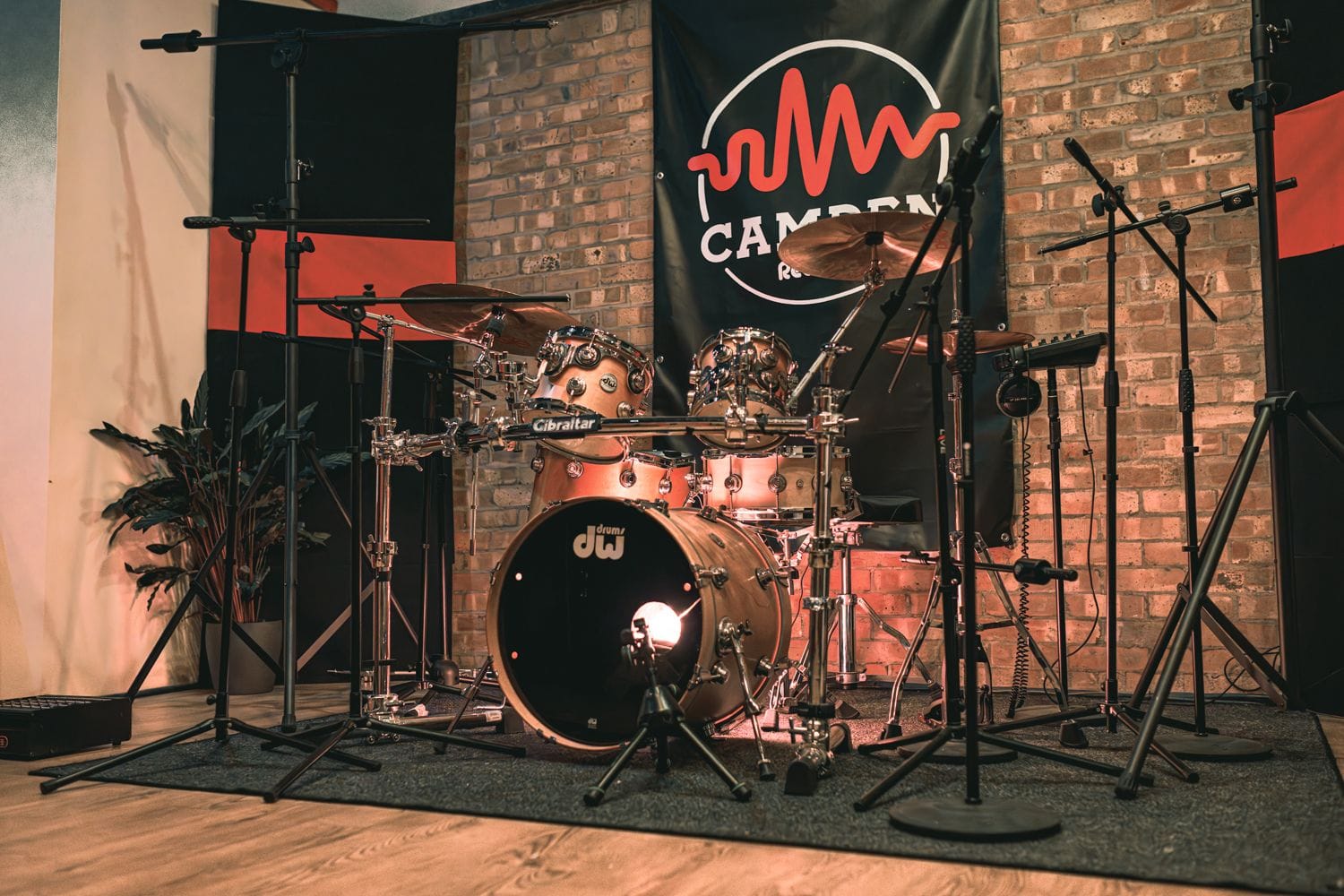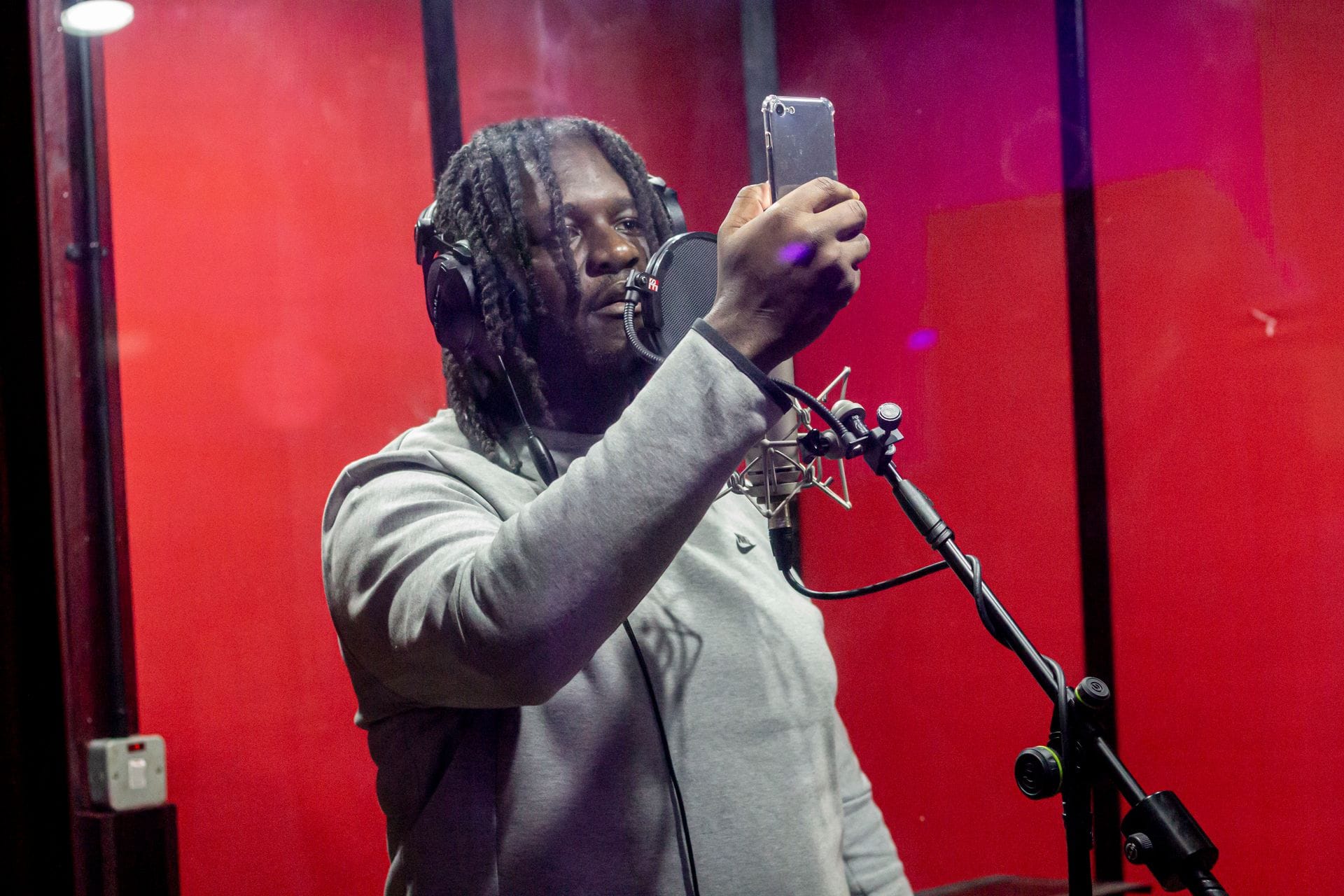How to Launch Your Career as a Music Producer
The role of a music producer is pivotal in shaping the sound and success of musical projects. They blend creativity with technical expertise to create compelling music. If you’re looking to become a music producer, here’s a detailed guide to pave your way into the industry.
Acquire Essential Education and Master Technical Skills
Becoming a proficient music producer starts with a solid educational foundation in music theory, sound engineering, and music business. Consider pursuing formal education through degree programs in music production or sound engineering offered by many universities and colleges. This education will provide you with critical knowledge about the industry standards and the technical skills required.
It’s equally important to master various digital audio workstations (DAWs) and production software such as Ableton Live, Pro Tools, or Logic Pro. These tools are indispensable in the modern production process. Supplement your learning with online tutorials, courses, and workshops to stay updated with the latest production technologies and techniques.
Gain Real-world Experience Through Various Avenues
Practical experience is crucial. Begin by experimenting with music production in your own projects. Create, mix, and produce tracks to develop your unique sound and technical prowess. Collaborate with other musicians and take on small projects to expand your portfolio.
Seek opportunities for internships or assistant roles at recording studios where you can observe and participate in professional music production. This exposure is invaluable as it provides insights into the day-to-day operations of music production and helps you build practical skills in a professional setting.
Build a Strong Professional Network in the Music Industry
Networking is a cornerstone of success in music production. Connect with industry professionals at events, conferences, and online forums. Participate in music workshops and join music production groups to meet peers and mentors who can provide guidance and opportunities.
Utilise social media platforms and music sharing sites to showcase your work and connect with other artists and potential clients. Building a robust online presence can also attract collaborations and project offers.
Conclusion
Embarking on a career as a music producer involves a blend of education, hands-on experience, and extensive networking. By focusing on these key areas, you can develop the skills necessary to succeed and make a significant impact in the music industry. Remember, perseverance and passion are essential as you navigate your path towards becoming a successful music producer.






